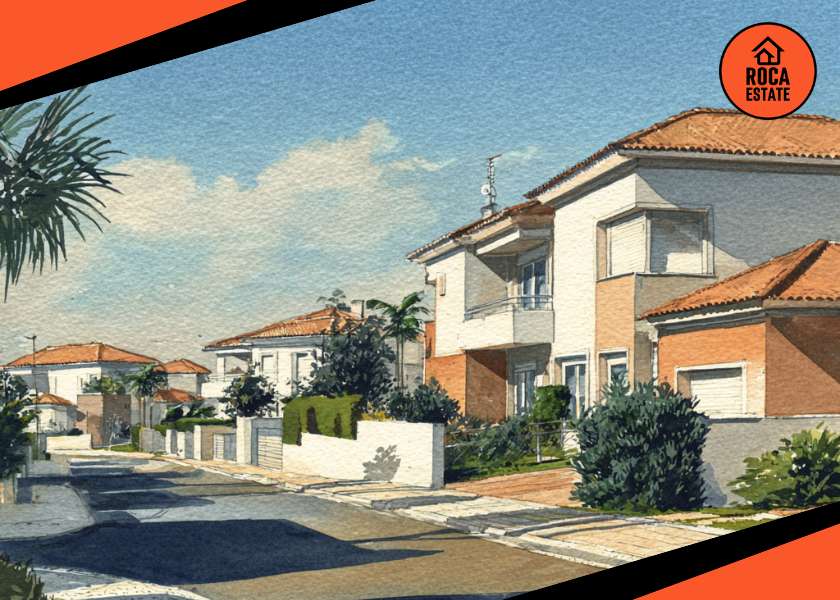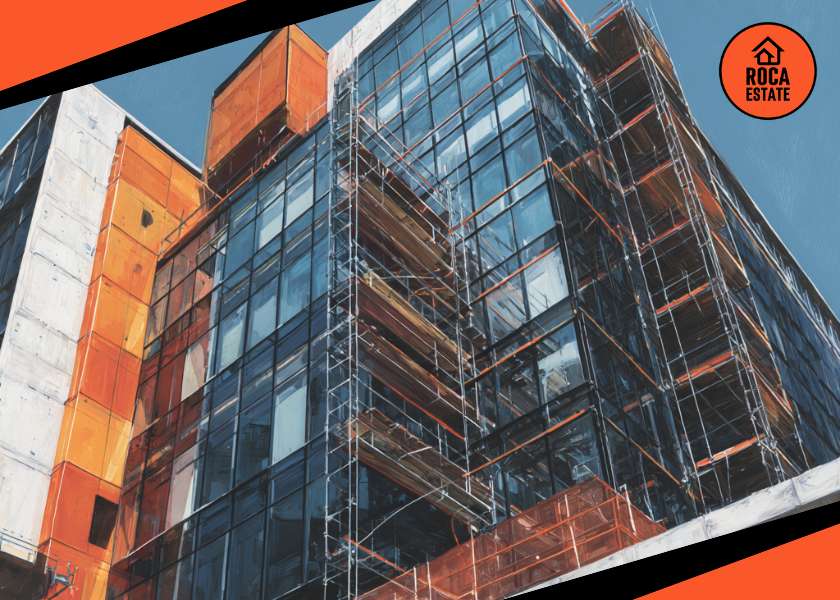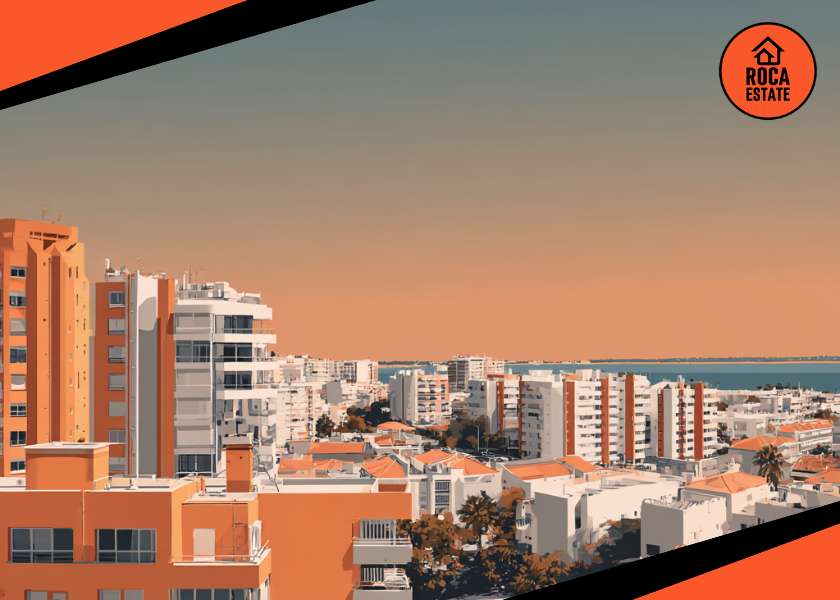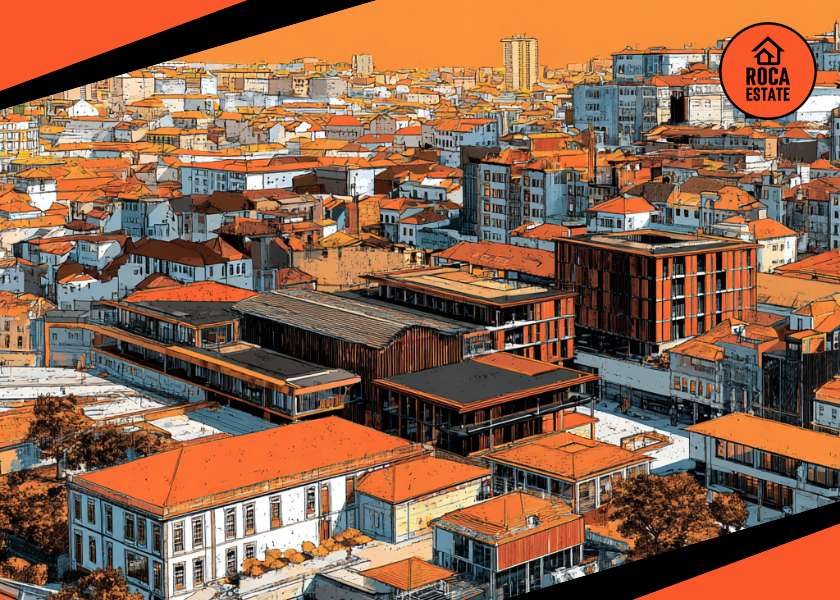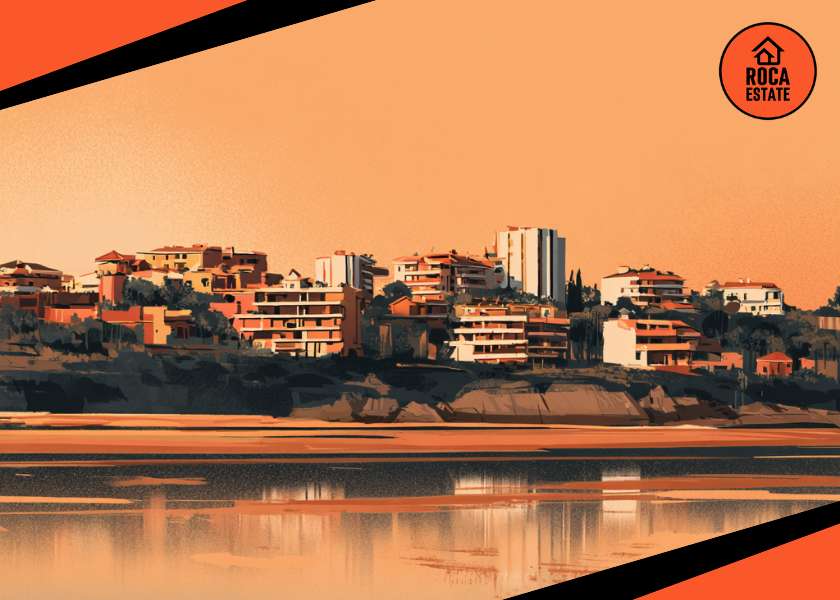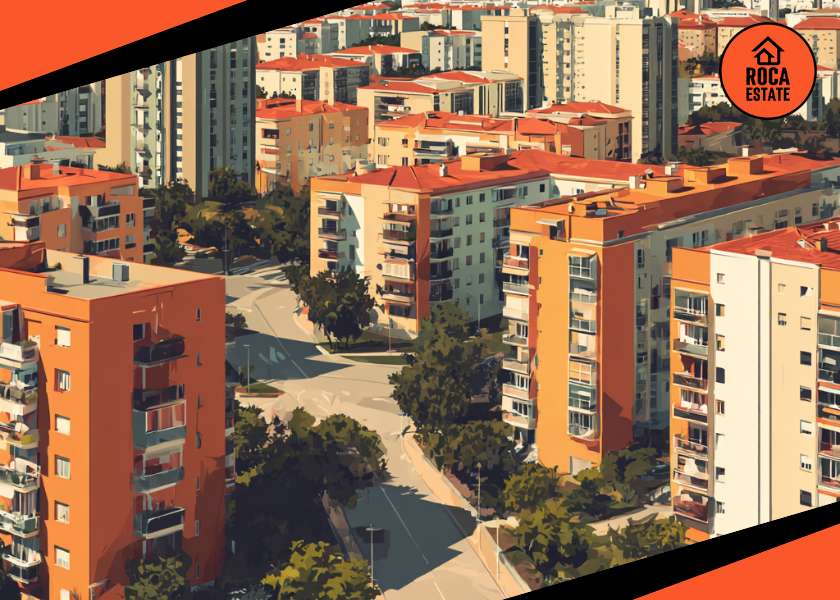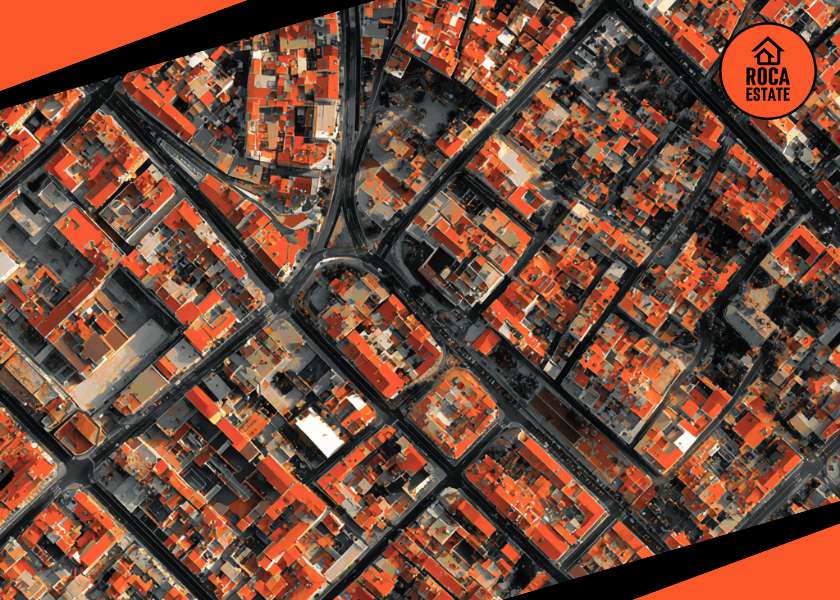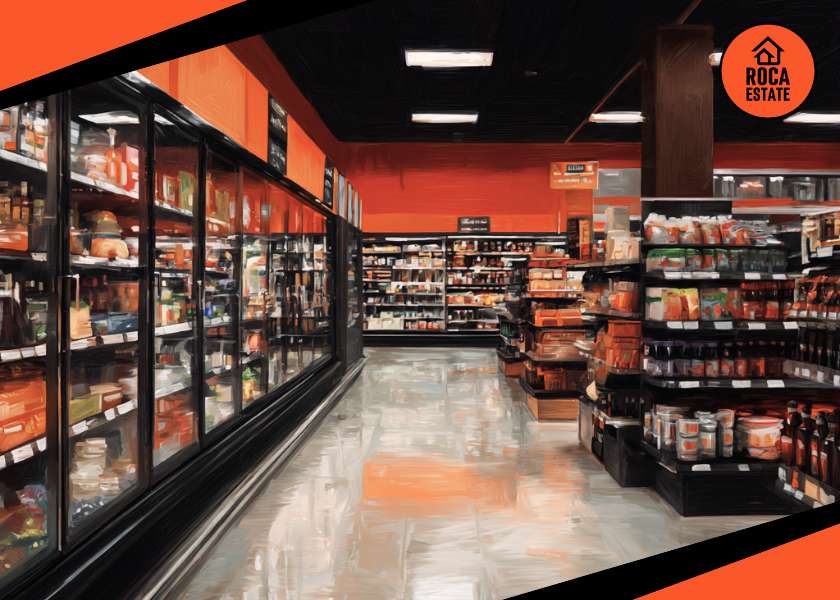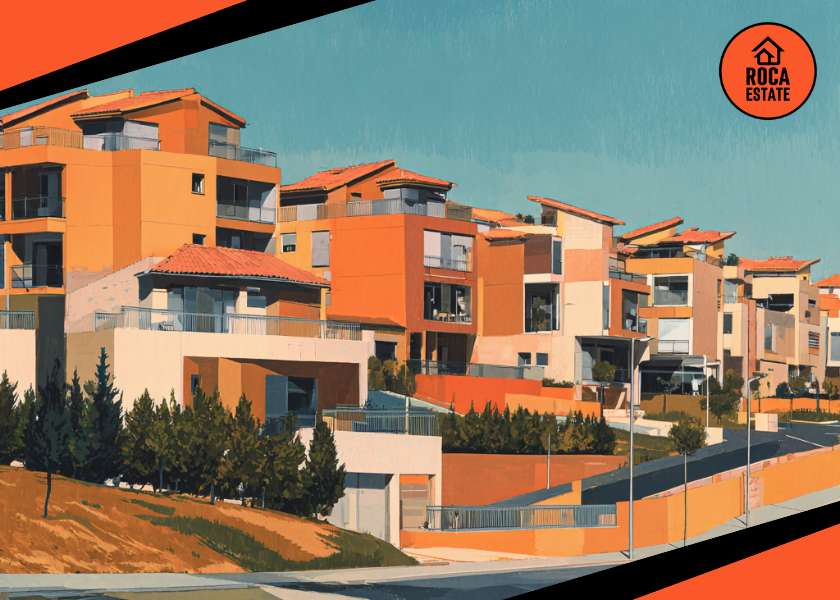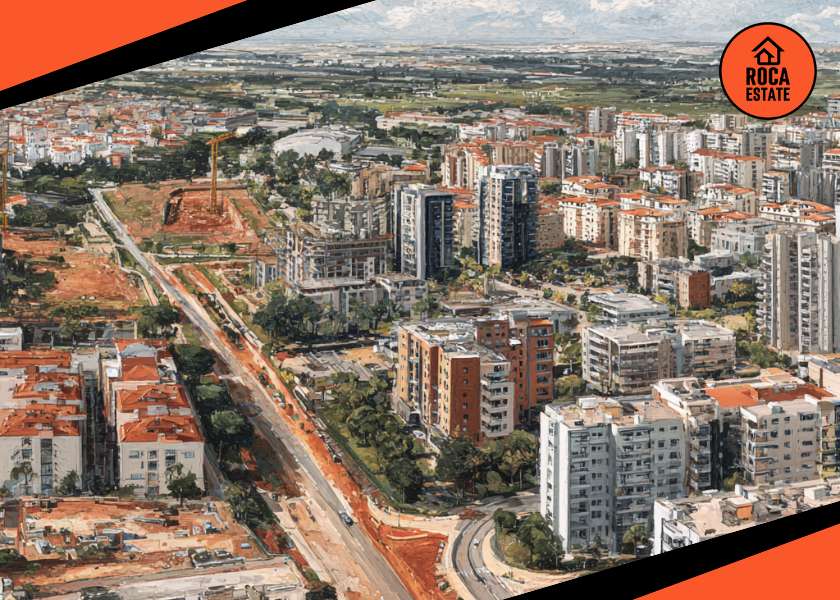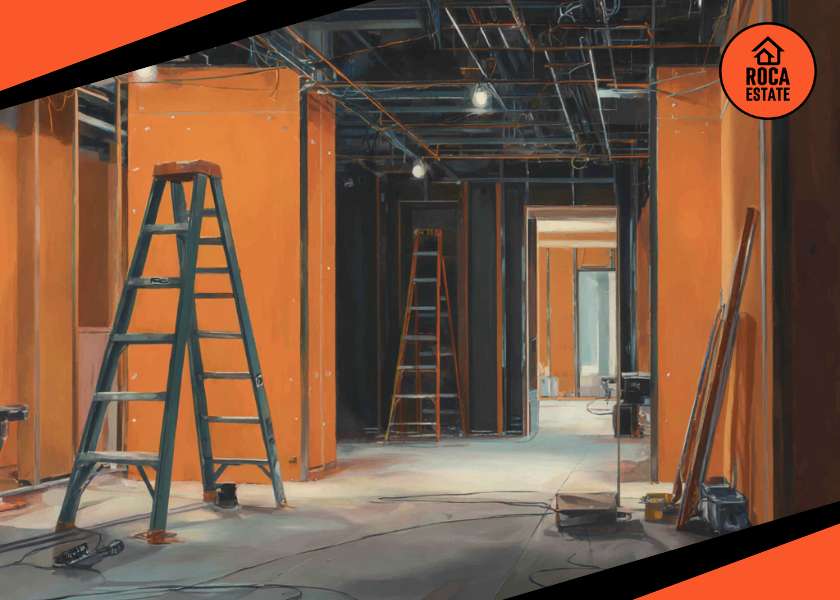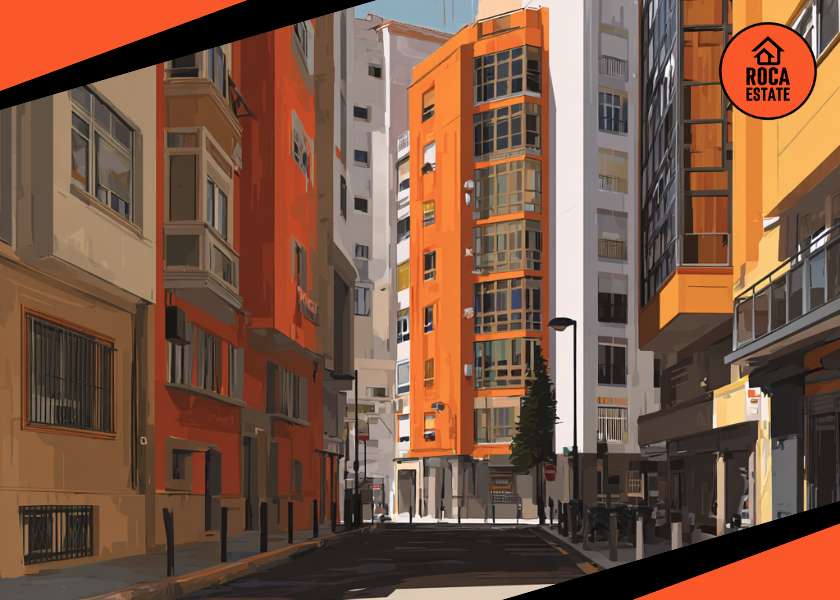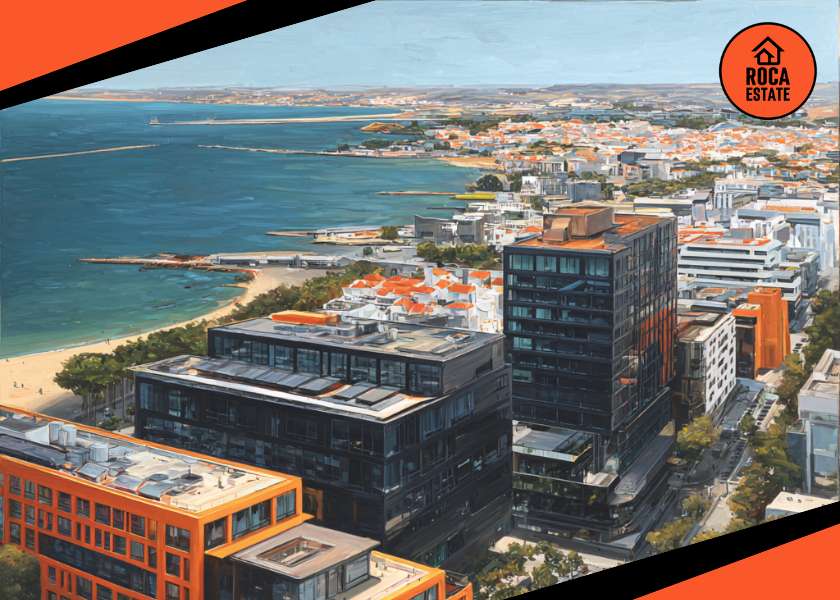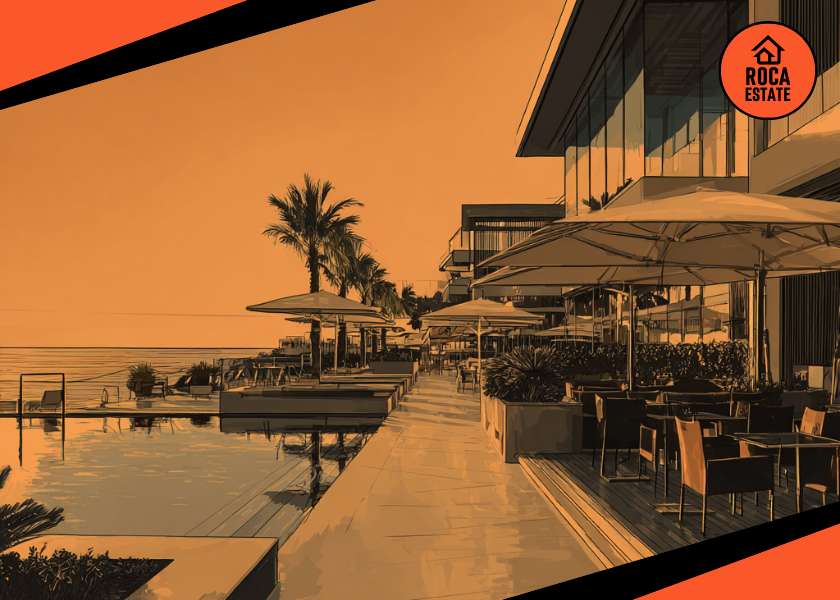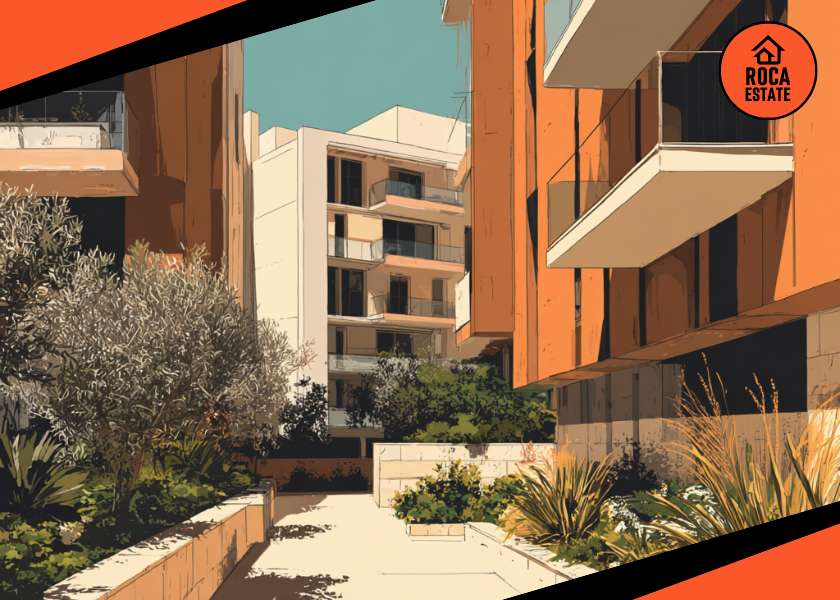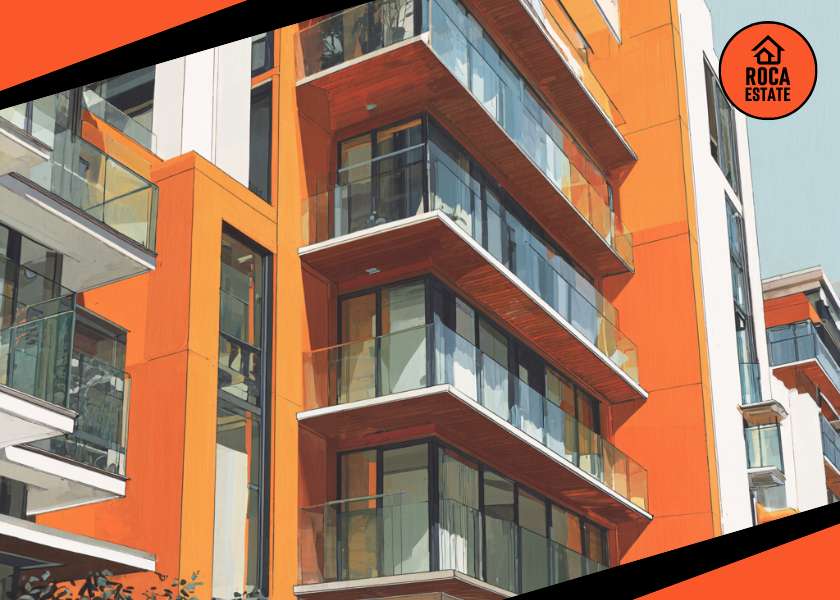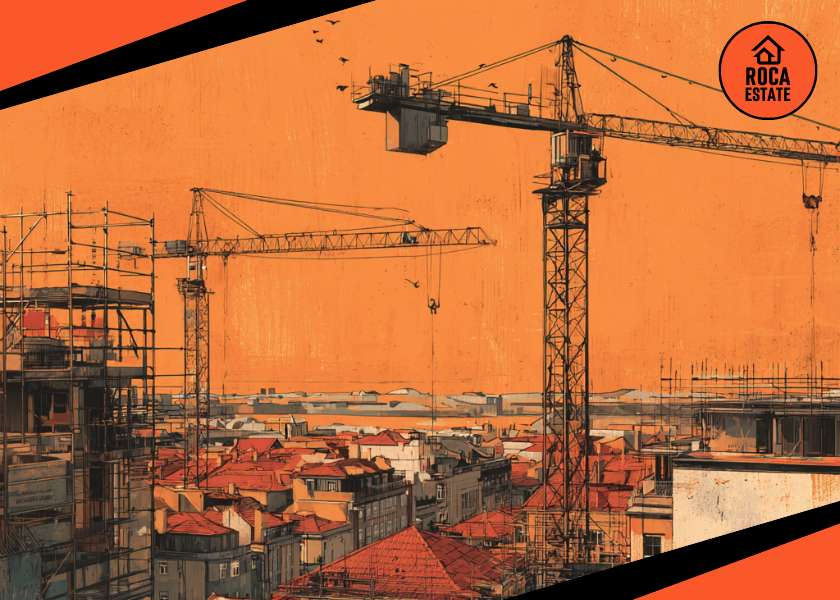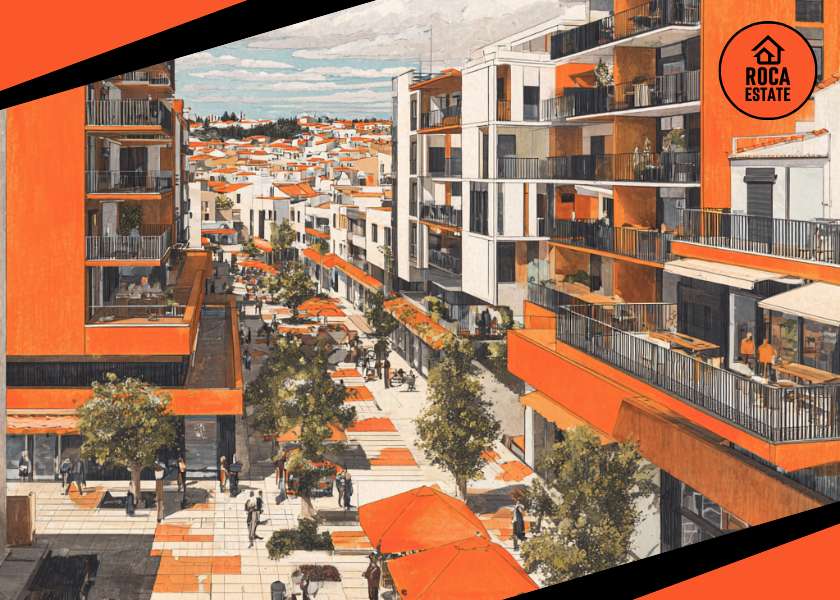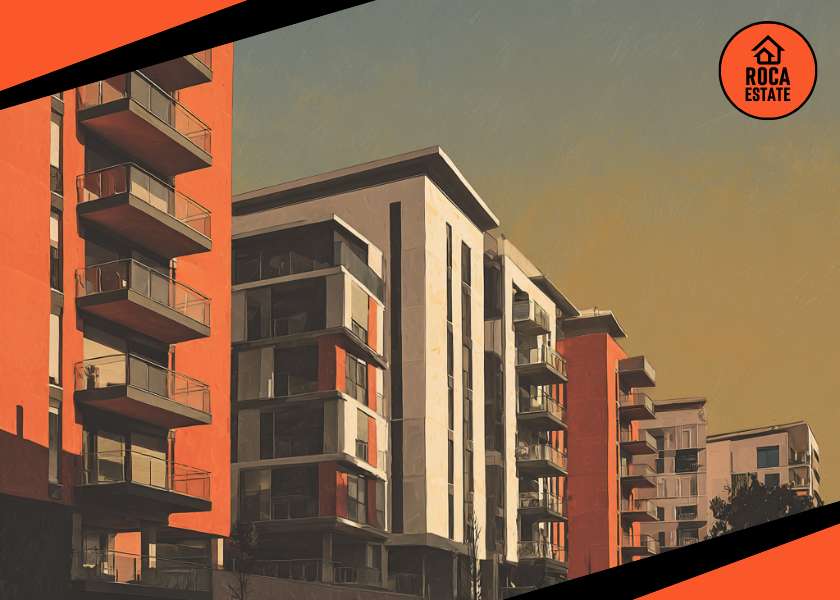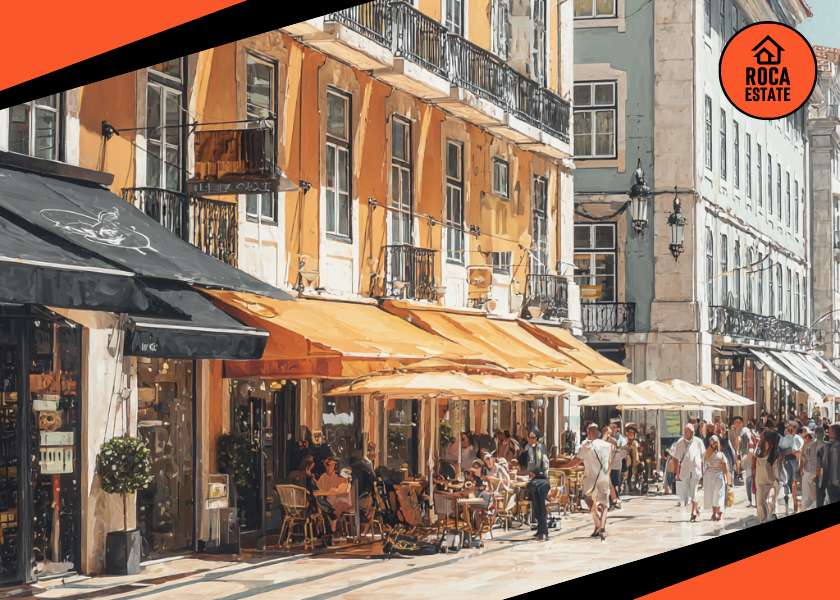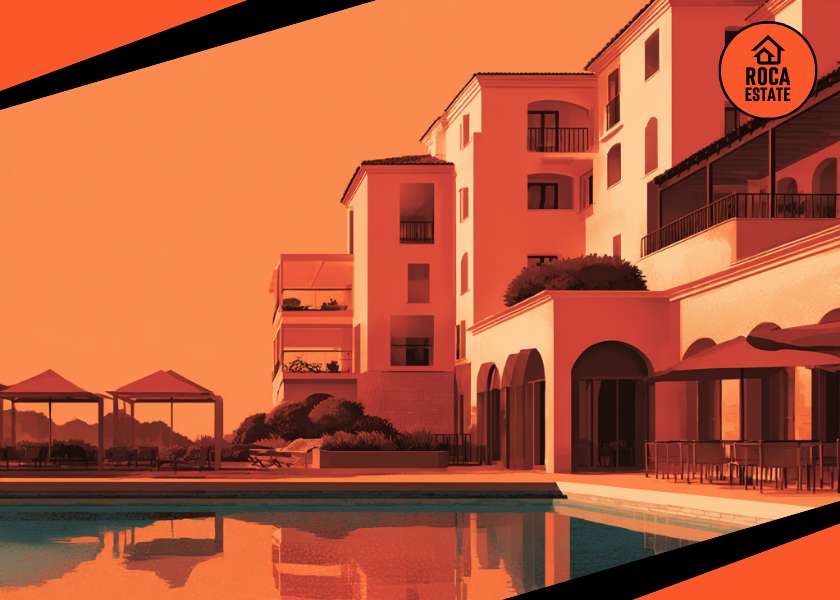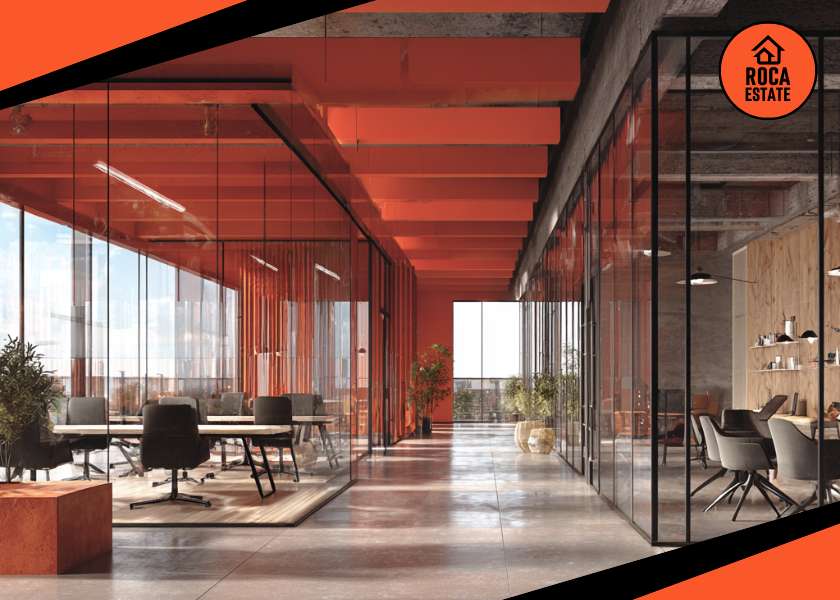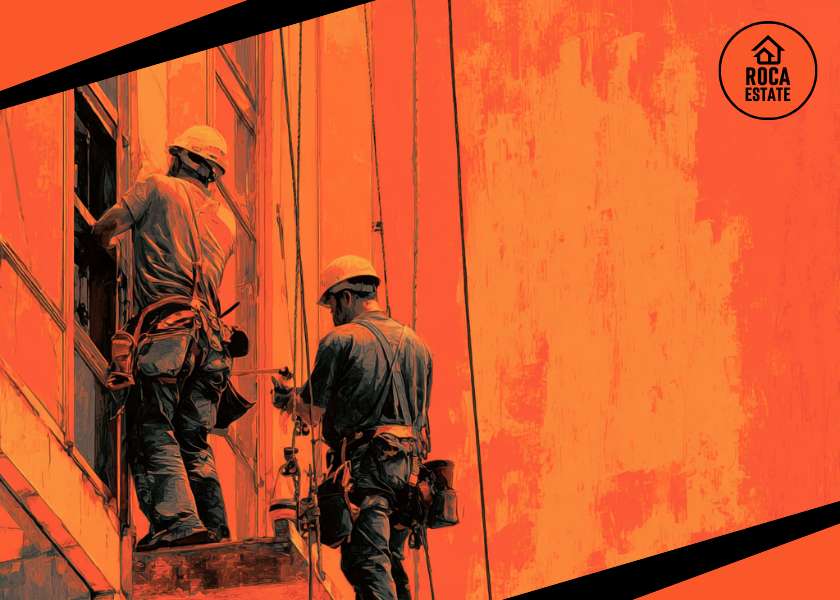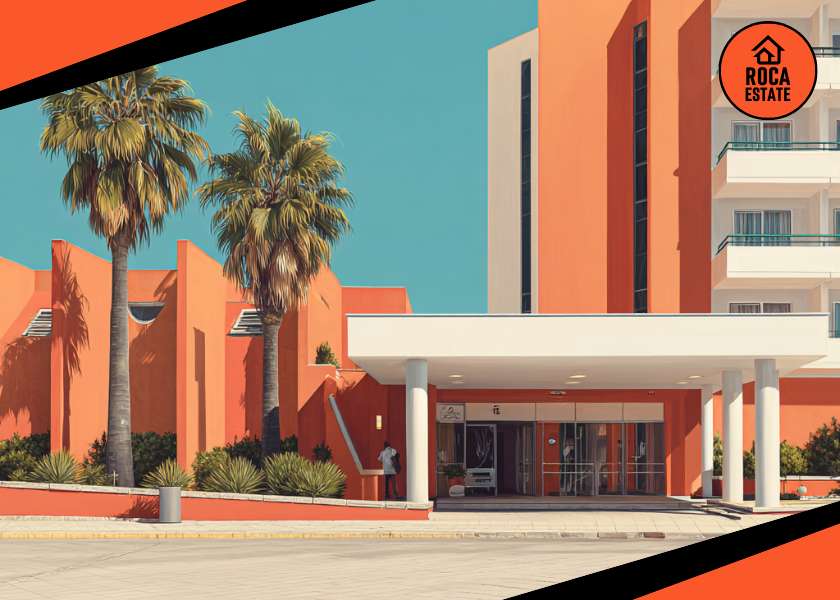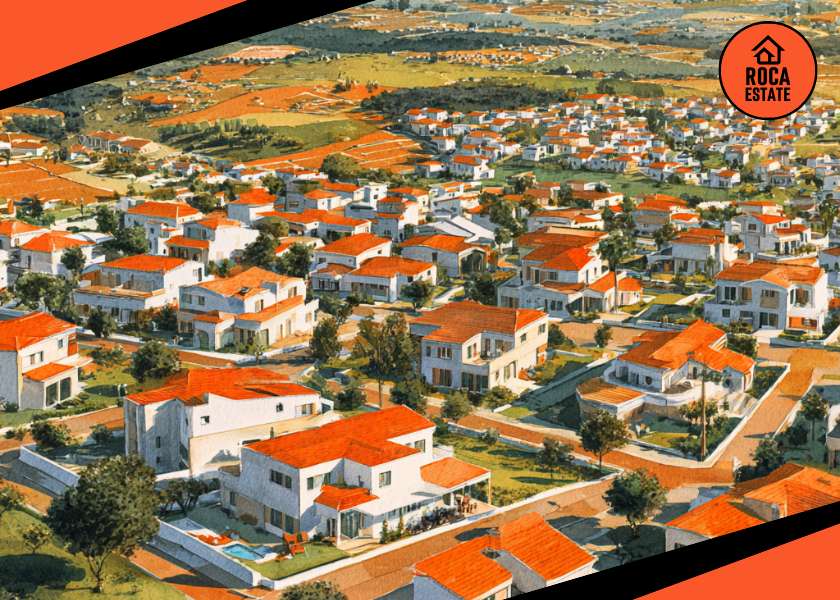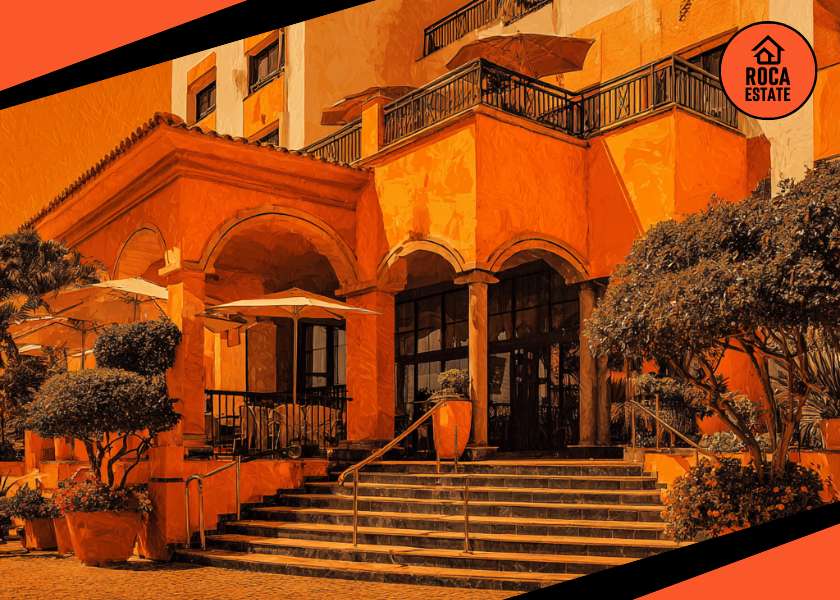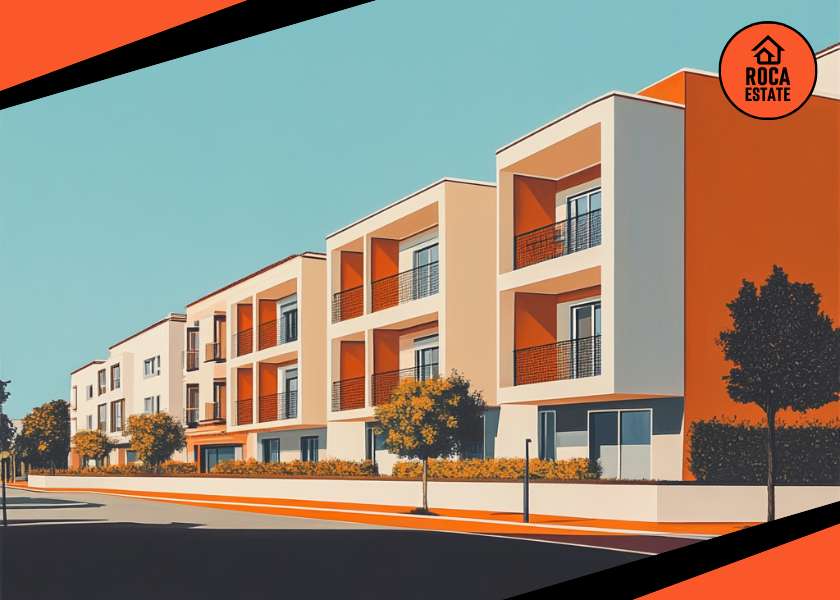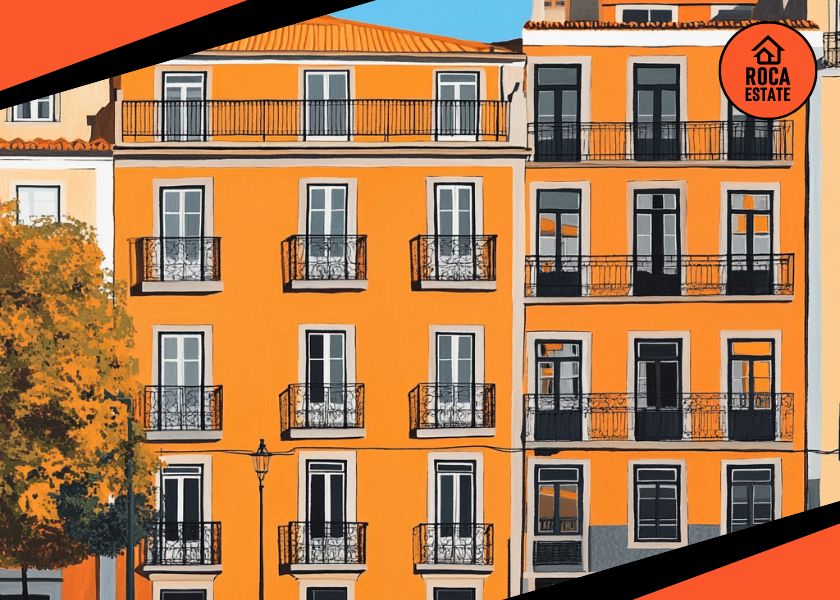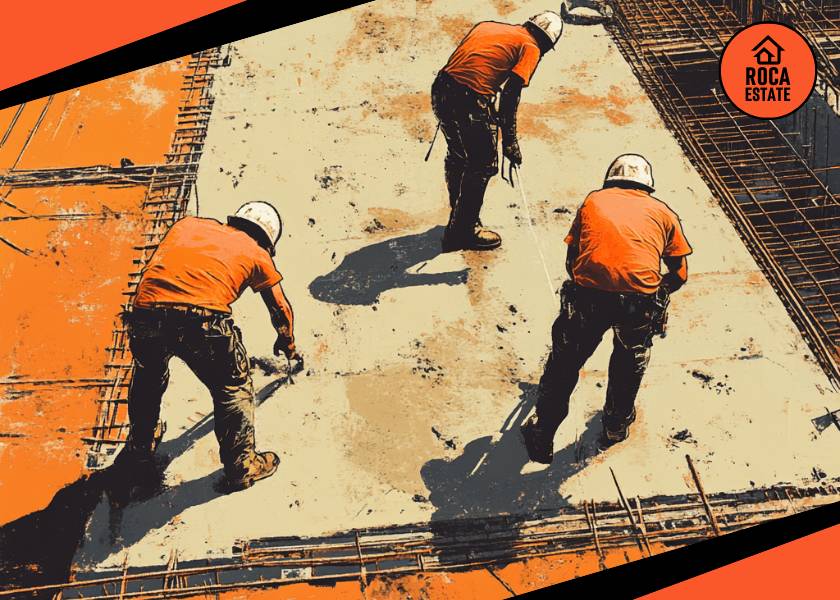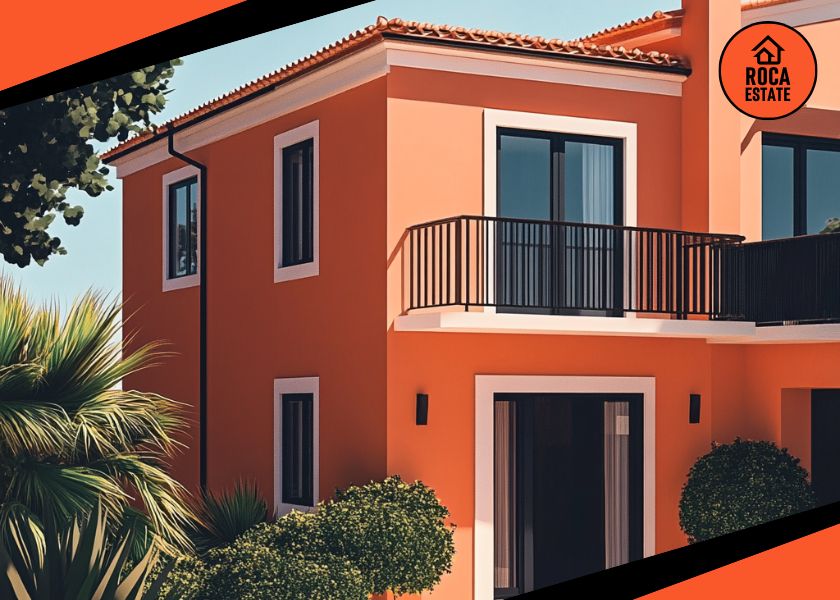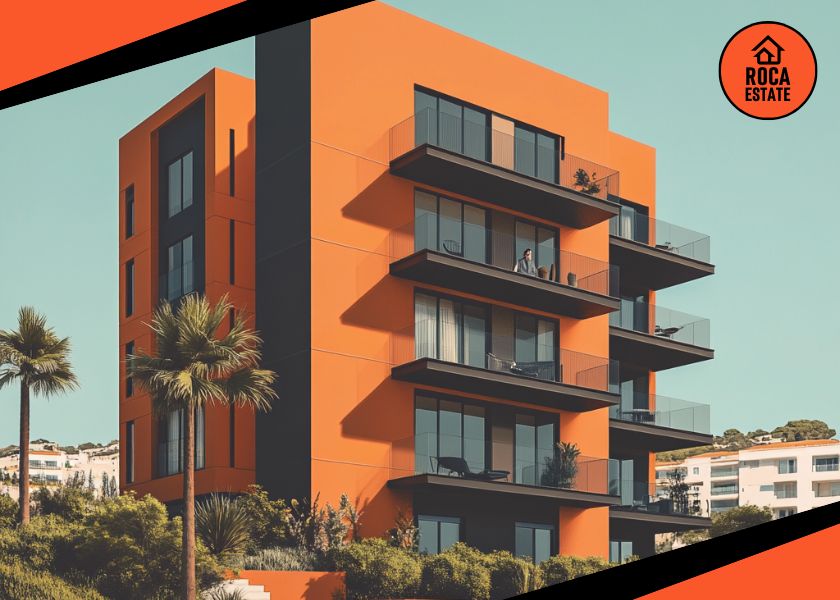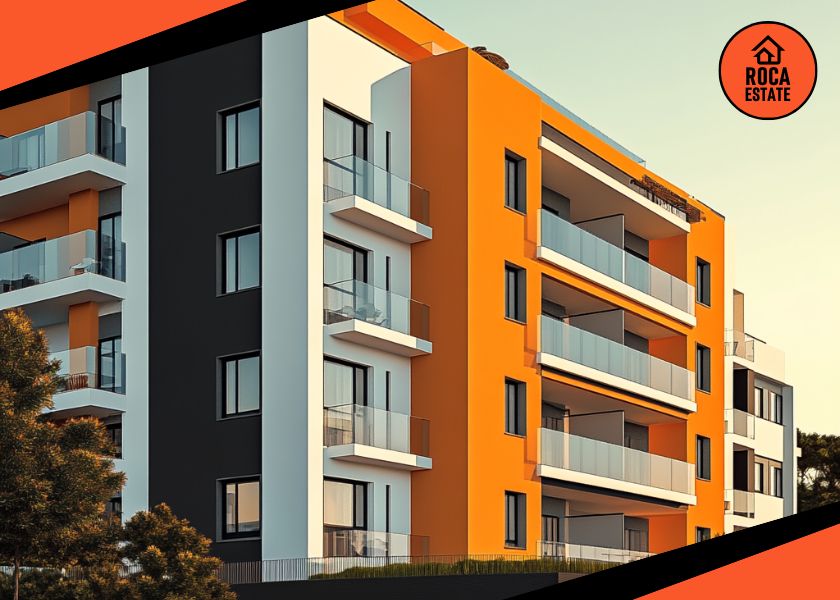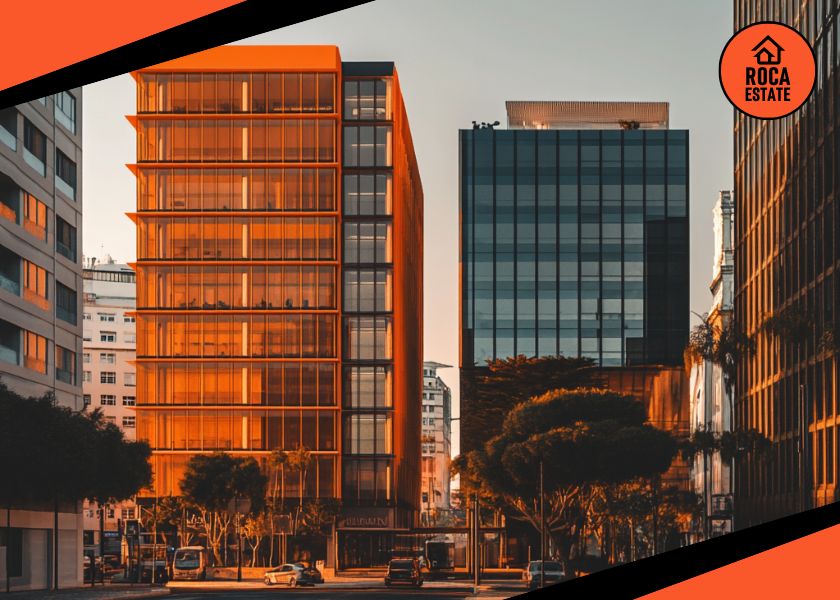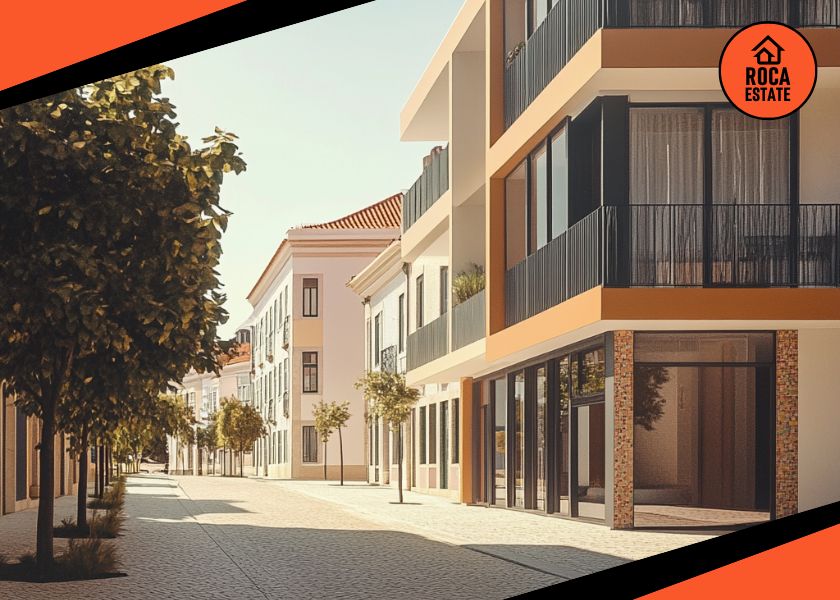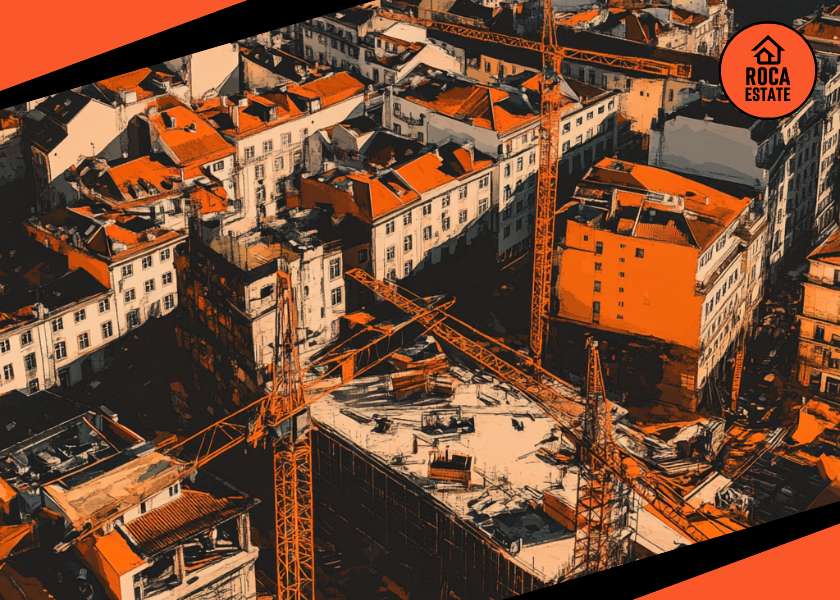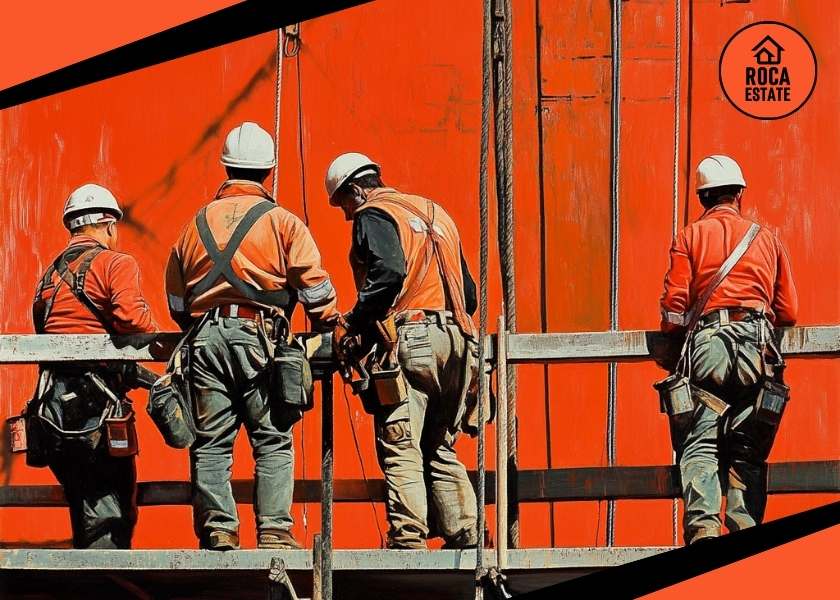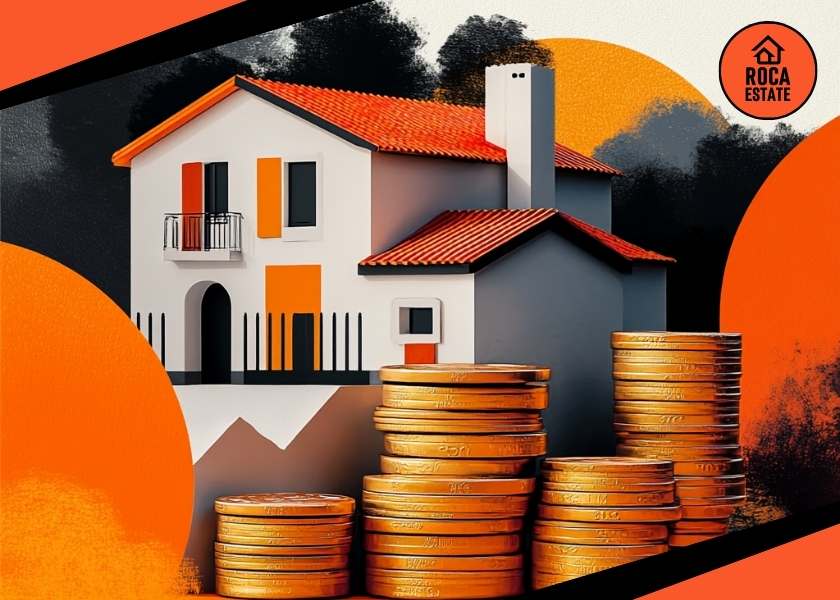The August 2025 housing bank appraisal survey offers important insights for anyone evaluating Portugal real estate investment. According to the latest data from INE, residential valuations continue to rise sharply, while the volume of appraisals is beginning to contract. This combination of higher prices and reduced activity suggests a market that is strong on paper but showing early signs of tightening liquidity — a crucial signal for investors planning their next moves.
For those seeking to buy property in Portugal, the picture is nuanced. Apartments, particularly in Lisbon and Setúbal, are leading the growth trend, while some regions like the Algarve show signs of cooling. These mixed signals underline the need for careful selection and strategic diversification. The data also strengthens the case for looking beyond residential opportunities toward commercial real estate, which often provides more stable yields and predictable performance.
Key Market Indicators
- Median Bank Appraisal: €1,965/m² in August, up 1.0% from July and 18.1% year-on-year.
- Appraisal Volume: ~31,700 appraisals, a decline of 6.4% month-on-month and 0.3% year-on-year.
- Apartments: €2,269/m² (+22.6% YoY). Strongest growth in Setúbal (+26.4%). Lisbon leads with €2,991/m².
- Houses: €1,430/m² (+10.3% YoY). The Algarve was the only region with a monthly drop (-1.0%).
- Regional Divergence: Lisbon (+50.5% above the national median) and Algarve (+33.7%) remain premium markets, while interior regions lag far below.
Implications for Portugal Real Estate Investment
The combination of strong price growth and fewer appraisals suggests a residential market where values are rising faster than activity. Apartments — especially in Lisbon and Setúbal — remain the strongest drivers of appreciation, supported by urban rental demand. Houses are appreciating at a slower pace, with the Algarve showing early signs of saturation.
For investors focused on Portugal real estate investment, this means higher entry costs and potentially reduced liquidity. The risk-return balance is shifting, making it essential to reassess strategies, especially for those heavily concentrated in the residential segment.
Why Commercial Real Estate Deserves Attention
While residential property dominates the headlines, the latest data reinforces the case for diversification. Commercial real estate in Portugal — spanning logistics, retail, and office sectors — typically offers steadier yields, longer lease terms, and less exposure to short-term buyer sentiment. As residential valuations accelerate, commercial property can provide the stability and predictability that institutional and private investors increasingly value.
Forward-Looking Considerations
- Liquidity Risk – A sustained decline in appraisal volumes could reduce transaction flexibility.
- Regional Focus – Lisbon and Setúbal continue to outperform, while peripheral regions remain under pressure.
- Demand Concentration – T1 and T2 apartments dominate growth, but this trend reflects narrowing demand profiles.
- Commercial Balance – Allocating capital toward commercial segments can hedge volatility in residential markets.
Strategic Takeaway
The August survey highlights a residential market still climbing in valuation but showing cracks in activity. For investors pursuing Portugal real estate investment, the lesson is clear: caution, selectivity, and diversification are essential. Residential opportunities remain, but the steadier cash flows of commercial assets may provide the balance needed to navigate a market where prices run ahead of fundamentals.
If you are evaluating opportunities to buy property in Portugal with a strategic, data-driven approach, Roca Estate can help identify investments that align with both current trends and long-term stability.

